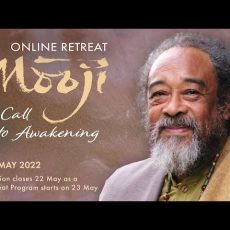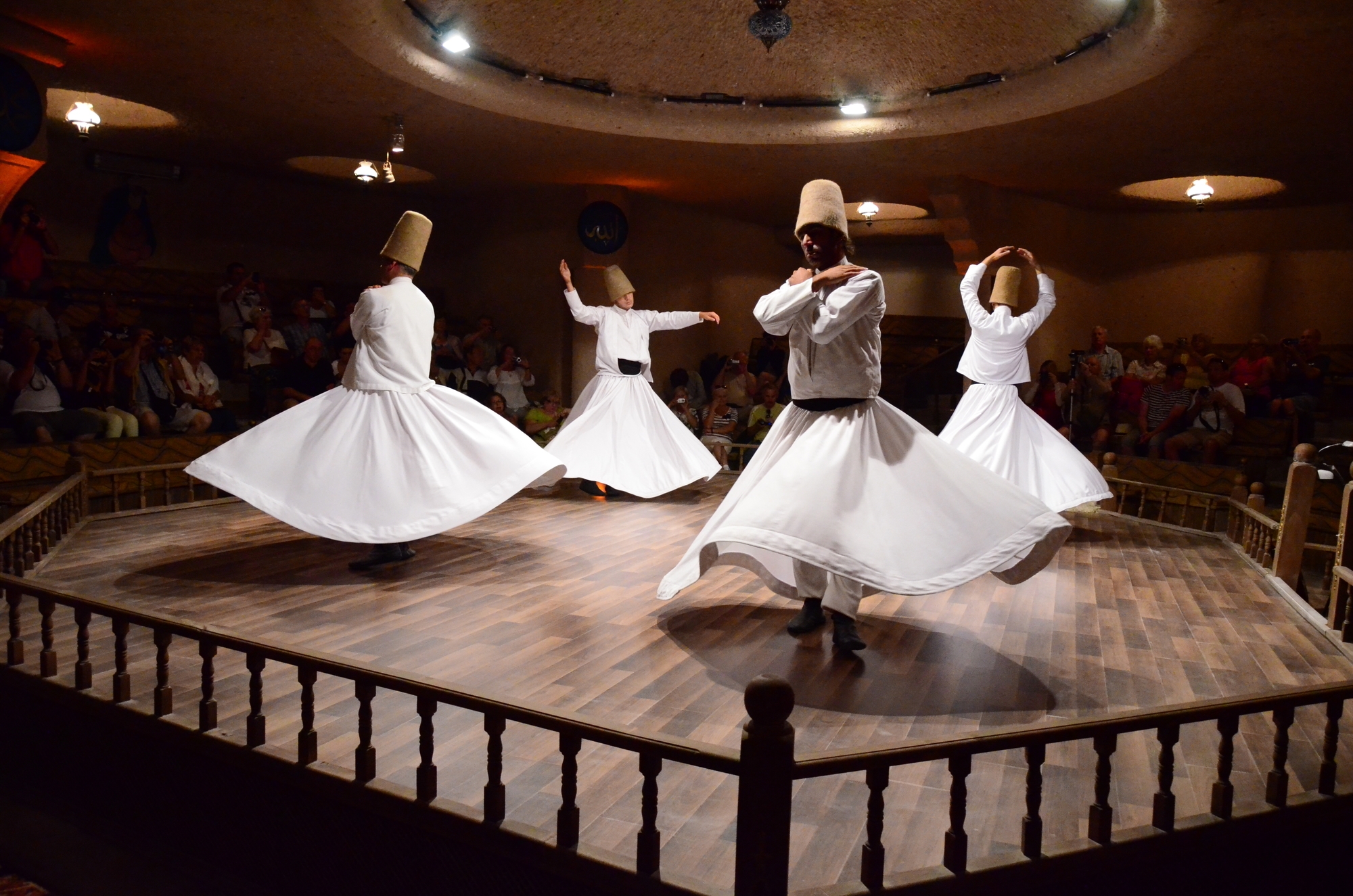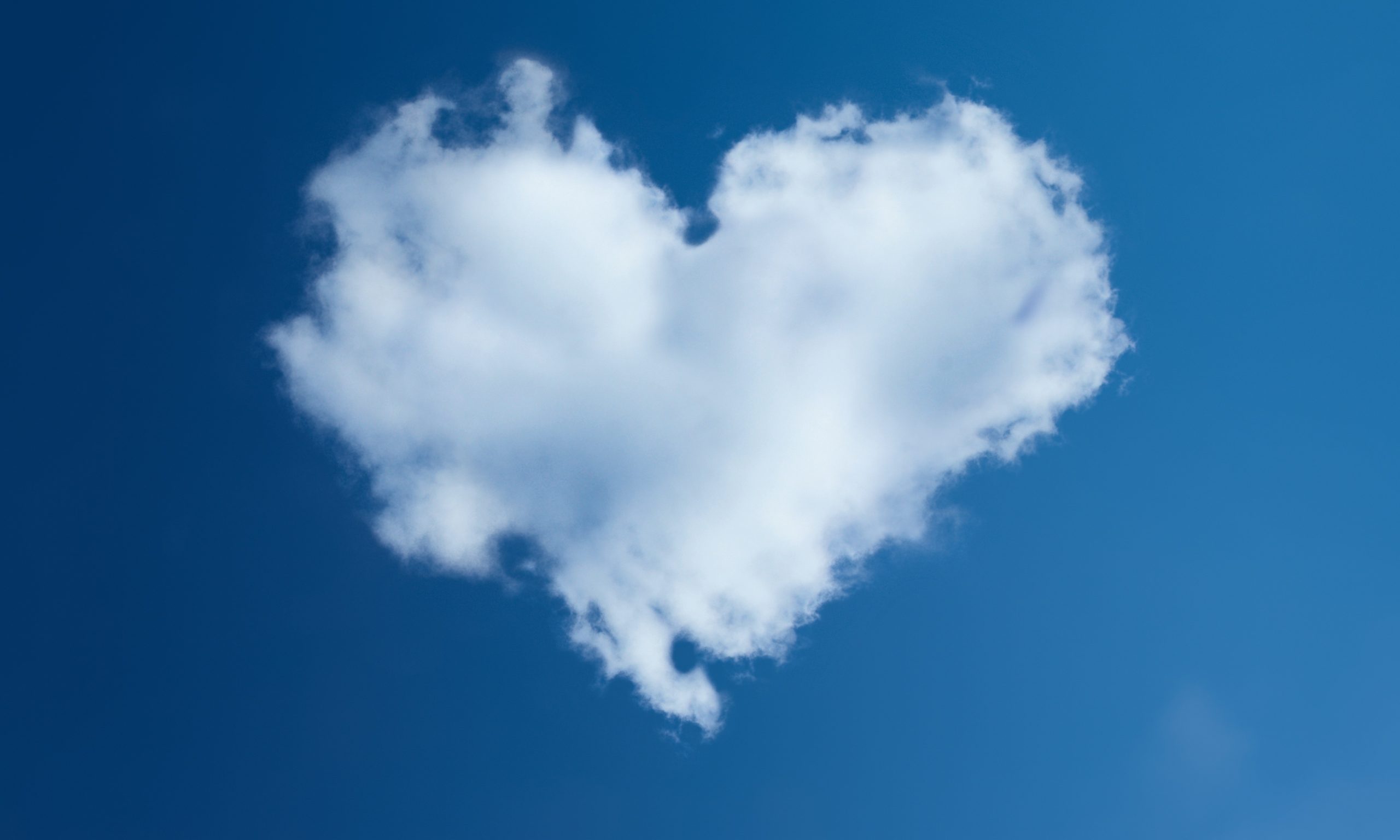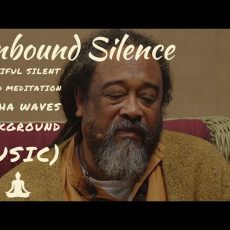By Swami Anand Kul Bhushan
“Today, like every other day, we wake up empty and frightened,” wrote the great Sufi mystic Jalaluddin Rumi, “Don’t open the door to the study and begin reading. Instead, take down a musical instrument. Let the beauty we love, be what we do.”
The Sufis believe in celebrating by singing and dancing. Thus, music takes the centre stage as it comes very close to meditation, as underlined by Osho. In North India, Sufi Masters like Shahbaz Kalandar, Baba Farid, Nizamuddin Auylia, Emir Khusro, Bulle Shah, among others wrote ecstatic poetry that has become popular as Sufi and folk music today especially in the form of Qawwali.
Qawwali is the famous Sufi devotional music popular on the Indian subcontinent. It’s a vibrant musical tradition that stretches back more than 700 years. Originally performed mainly at Sunni Sufi shrines throughout the subcontinent, it has also gained mainstream popularity. A lead singer has a group of supporters who sing along and clap with the accompaniment of other musicians. The artists and the listeners are often transported into a state of ‘wajad’ where they feel intoxicated with the presence of God.
A blend of Muslim prayer and Hindi devotion, Qawwali thus borrows words from Hindi as well. For example, a famous Qawwali sung by Aslam Sabri has this opening line, “Kripa Karo Maharaj”. This is pure Hindi but it goes on with Urdu words. Happyho also provides best Meditation and Tarot classes in Noida and Delhi NCR India area
The late Nusrat Fateh Ali Khan is considered the uncrowned King of Qawwali. ‘Mast Kalandar’ the qawwali of Hazrat Lal Shahbaz Kalandar is perhaps the most famous and most popular of these. Pakistan’s the late Nusrat Fateh Ali Khan popularized qawwali to the West after the Sabri Brothers became renowned qawwali singers. Now Abida Parveen has joined this famous group. Rahat Nusrat Fateh Ali Khan, a nephew of Nusrat, is becoming popular especially with ‘Lagi man ki lagan’.
In India, Qawwalis have become household hits due to Bollywood promoting them. “Barsaat ki Raat” (1960) was a Qawwali magnum opus. The movie presented the story of a Qawwali competition. Naturally, the movie was full of Qawwalis, and most of them went on to become immortal qawwalis.
This Qawwali is widely regarded as the gold standard of all Qawwalis. It is called “Ye Ishq, Ishq hai”. This Qawwali had top singers like Manna Dey, Asha Bhonsle, S D Batish, Sudha Malhotra, and last but not the least, Mohammad Rafi. The lyricist was Sahir Ludhanvi and the music director was Roshan. Its basis is the deep spirituality and emotional simplicity of its lyrics covering both Muslim and Hindu religions. Roshan enhanced it with toe-tapping music and the galaxy of singers made it immortal. It is a very long Qawwali lasting nearly 12 minutes, but listening to every second is divine.
It covers many themes like Krishna, Radha, Meera, Buddha, Allah; so, in effect this Qawwali covers the elements of bhajans, Krishna Leela, and semi classical songs as well. The total effect is enchanting.
Again in 1960, the epic movie ‘Mughle-e-Azim’ had memorable qawwalis remembered till today. Other hits come from ‘Amar, Akbar, Anthony’. More recently, ‘Maqbool’ had a powerful number by Daler Mehndi and this year ‘Jodha Akbar’ had one “Khwaja mere Khwaja” by A. R. Rehman. Among the Punjabi folk singers, Hans Raj Hans, has a number of traditional Sufi numbers to his credit, Rabbi Shergill got overnight fame for his pop version of ‘Bulla Ki Jaana’ and Kailash Kher for ‘Allah ke Bande’. All of them and many more are reviving Qawwali with a modern touch.
In Punjab, the Wadali Brothers are top Sufi and Qawwali singers. Another star is Zila Khan, daughter of legendary Sitar maestro, Ustad Vilayat Khan is named after Amir Khusro’s raag, Zila Kaafi.
Traditional Qawwalis go one for one hour or more as in the case of Nusrat Fateh Ali Khan that transports listeners into a trance like stage with his artistry and his surrender. They succeed in touching the ones who are open to the call of the Ultimate. Sufis use music as a medium, for example in Qawwali, to share the eternal message; and when it is sung with fervour, it brings one closer to the Ultimate.
Pakistani Sufi singer Shafqat Ali, says, “Sufi music is more about ibadad (prayer) of God. The whole idea of Sufi music is connecting to God through music. The lyrics of those songs are mostly poems and shayari(poetry) written to praise God and talk about his love towards mankind.”
Adds Sufi singer Abida Parveen, “Sufi-ism is a practice in praise about the almighty. The music is a broader term expressing love for the beloved. The intensity of the love is indefinable.”
Osho says, “Music comes closest to meditation. Music is a way towards meditation and the most beautiful way. Listening to great music you suddenly become silent — with no effort. Falling in tune with the music you lose your ego with no effort. You become relaxed; you fall into a deep rest. You are alert, awake, and yet in a subtle way drunk.” Seems Osho is talking about Sufi Qawwali music.





